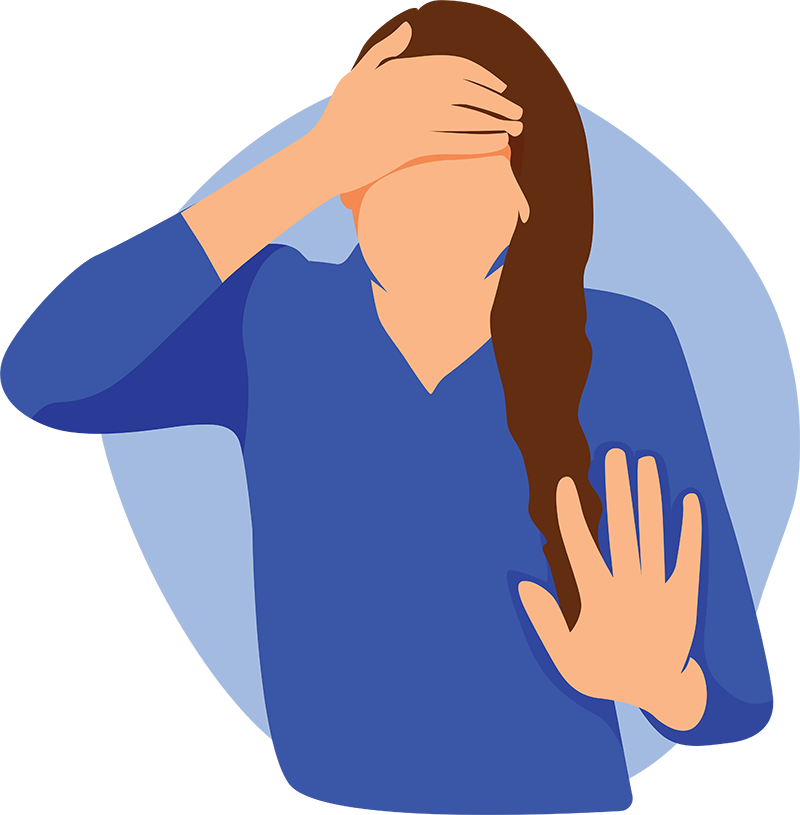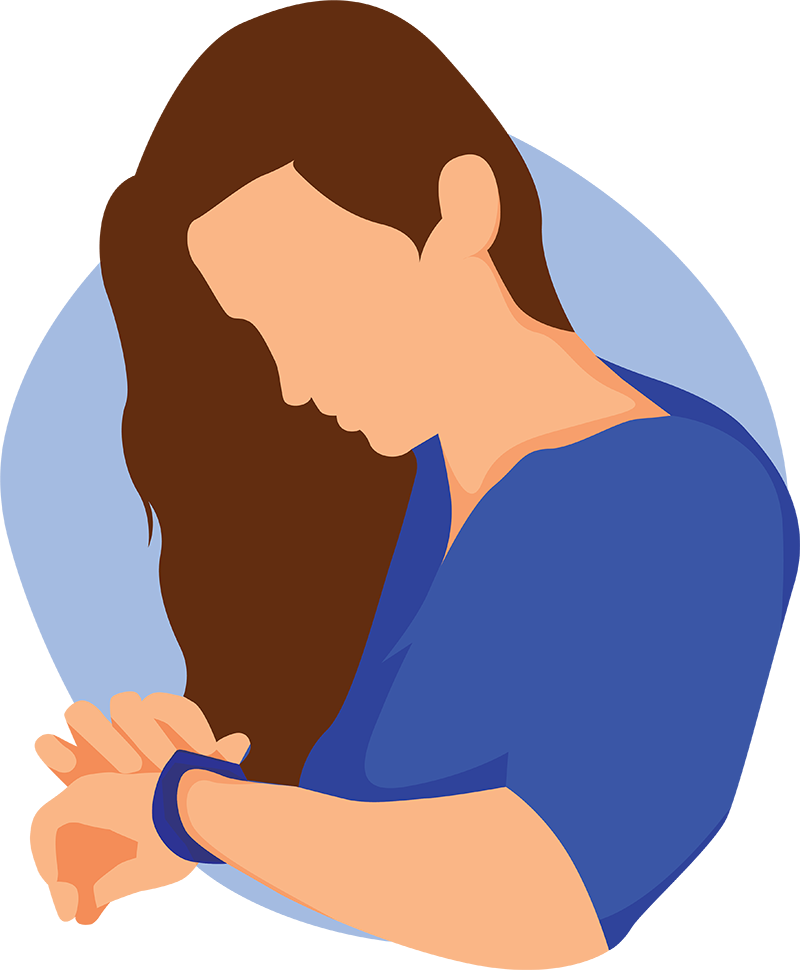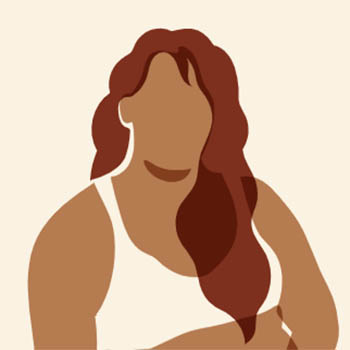Urinary Incontinence
Bladder dysfunction is a common problem that can have a major negative impact on an individual’s quality of life. It’s commonly thought that these issues occur only postpartum, but the truth is that a leaky bladder can happen to anyone (at any age) for various reasons. The good news is that you do not have to live the rest of your life worried about leaking during exercise, not making it to the restroom in time, or wearing incontinence pads.

Can We Help?
What causes urinary incontinence
Urinary incontinence can be an indicator of pelvic floor weakness or lack of coordination.

How does PT help incontinence?
At Vitality Pelvic Health you’ll work 1:1 with your physical therapist to develop a plan of care to restore strength and coordination to the pelvic floor. Your treatment plan may include exercises for strengthening, manual therapy, coordination exercise, and techniques for enhancing your connection to your pelvic floor.
How long will it take?
A typical plan of care for incontinence is around 8-12 weeks.

Urinary incontinence is common, but not normal!
Pelvic floor muscle training can cure or improve symptoms of urinary incontinence

Urinary incontinence affects approximately 50% of American women across their lifespan

The average woman spends $900 dollars a year dealing with the effects of urinary incontinence, physical therapy can be a cost effective, long term solution to leakage.
Common complaints
Frequently Asked Questions
What are symptoms of incontinence?
Symptoms of incontinence vary from person to person. Some may occasionally have a leakage of urine when sneezing, others may have leakage throughout the day requiring them to change clothes or pads. Urge may wake others up through the night, disrupting their ability to get rest. Any severity of symptoms is abnormal and worth seeking treatment for.
What causes incontinence?
Incontinence is typically caused by dysfunction in the pelvic floor related to strength and/or coordination. Postpartum incontinence can result from stretching of the pelvic floor during pregnancy and trauma following vaginal delivery.
Sometimes, incontinence can follow other pelvic trauma or conditions.
What are the different types of urinary incontinence?
- There are three types of urinary incontinence: stress, urge, and mixed.
- Stress incontinence is involuntary loss of urine due to increased stress on the muscles of the pelvic floor, leading to a loss of sphincter control. Usually this is triggered by a stressful activity such as coughing, laughing, sneezing, or jumping.
- Urge incontinence is a sudden, strong urge to urinate without the ability to delay. You may suddenly feel the need to pee out of nowhere, and leak before making it to the bathroom. Other triggers such as running water or pulling into your driveway can cause urge incontinence.
- Mixed incontinence is when you experience a combination of both stress and urge incontinence.
Get To Know Our Pelvic Health Team...

Tristen Swengle

Nikki Randolph

Kally Owen

Deena Winham
Testimonials
What Clients Are Saying

I have been coming to Vitality Pelvic Health for several weeks. I was looking for options to help strengthen my pelvic floor following an injury during childbirth and just aging in general. I am 44 years old, and my youngest child is 13, but Tristan explained that we are always in that postpartum phase. Tristan is extremely knowledgeable and so incredibly thorough! I’ve never met anyone who knows so much about pelvic dysfunction and ways to combat it. She’s created a strengthening program for me that I can continue to use long after my sessions are completed. I highly recommend her to any woman seeking help in this area. You will not regret it!

Dr. Nikki is truly amazing. I came to her a year and half after having my baby because I felt like something was off and that I was still not fully recovered. She gave me a whole toolbox of movements and practices to get myself back together and feel confident that my body could safely pick up my growing daughter. She figured out exactly what I needed to do, and gave me a realistic plan all while being so kind and patient. I could not recommend her more to any new moms or moms to be (or really anyone struggling with functional movement).


